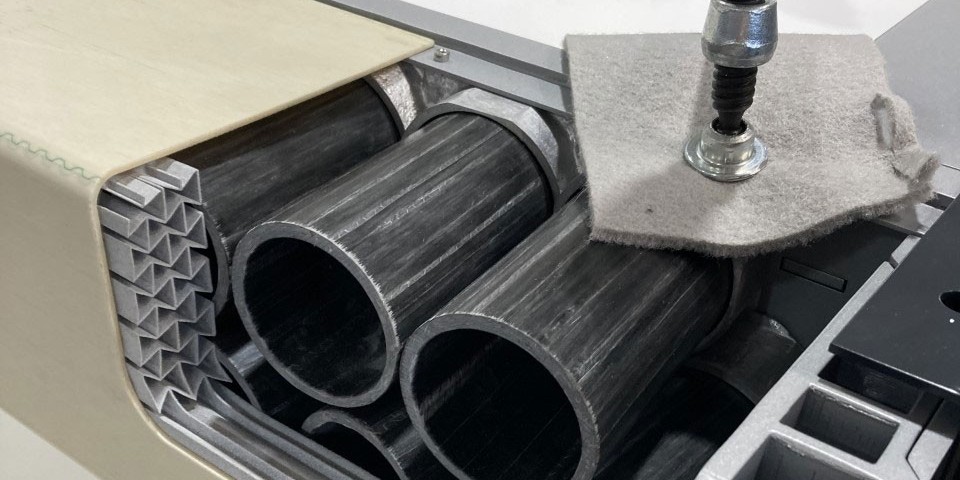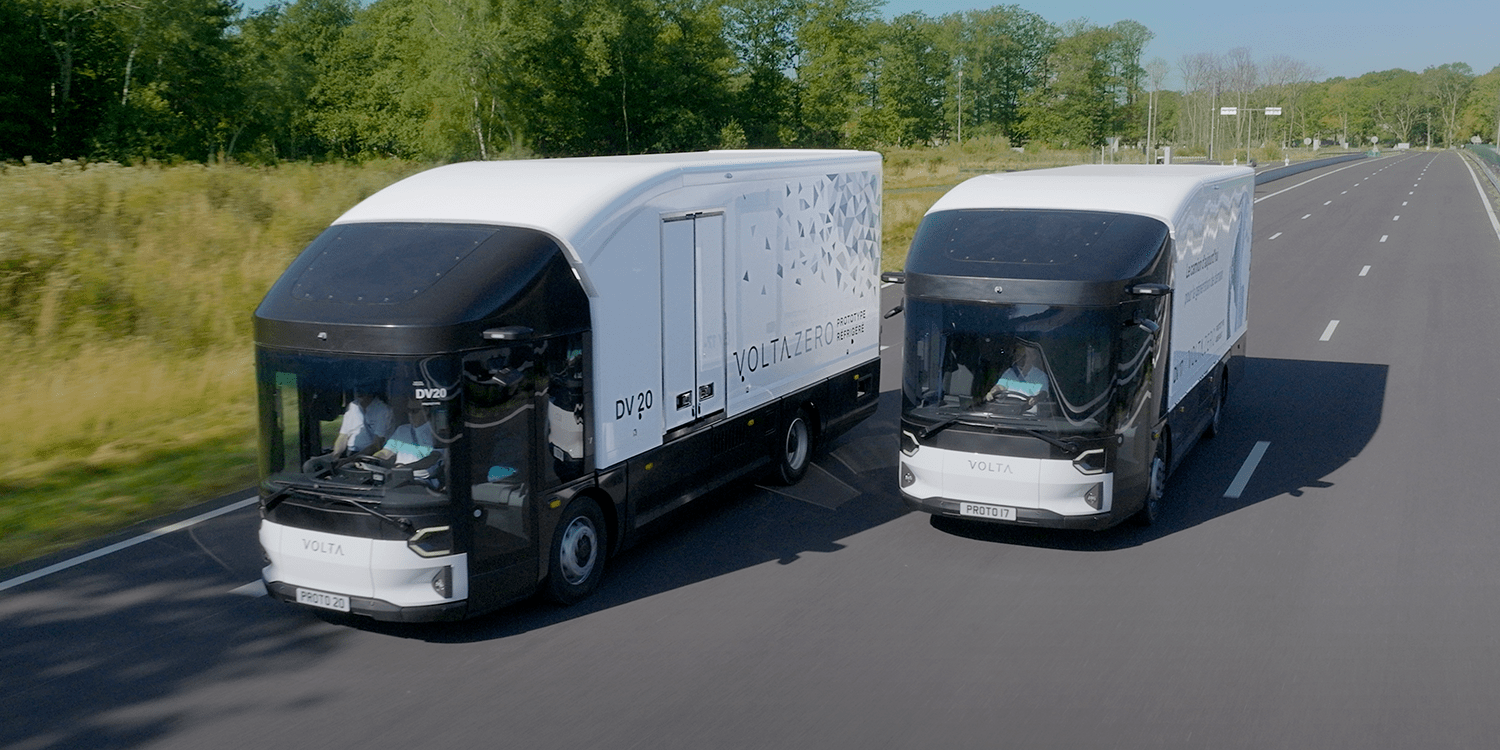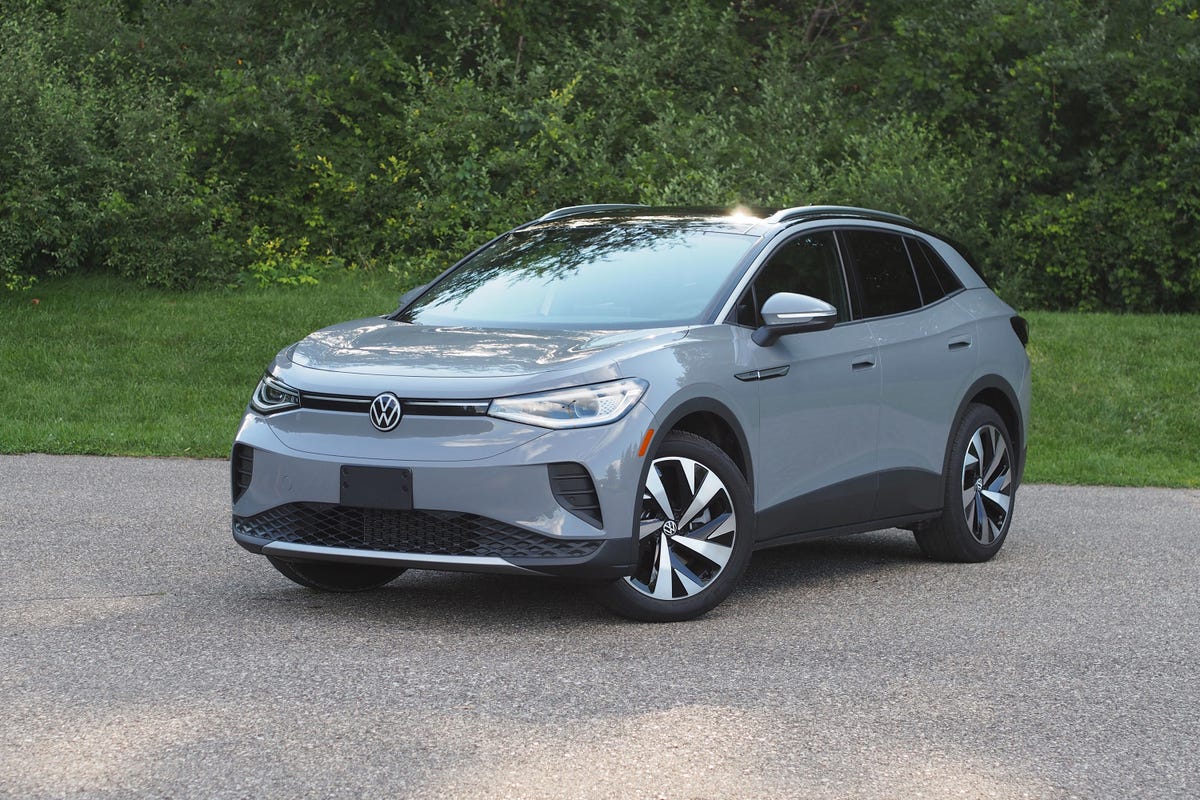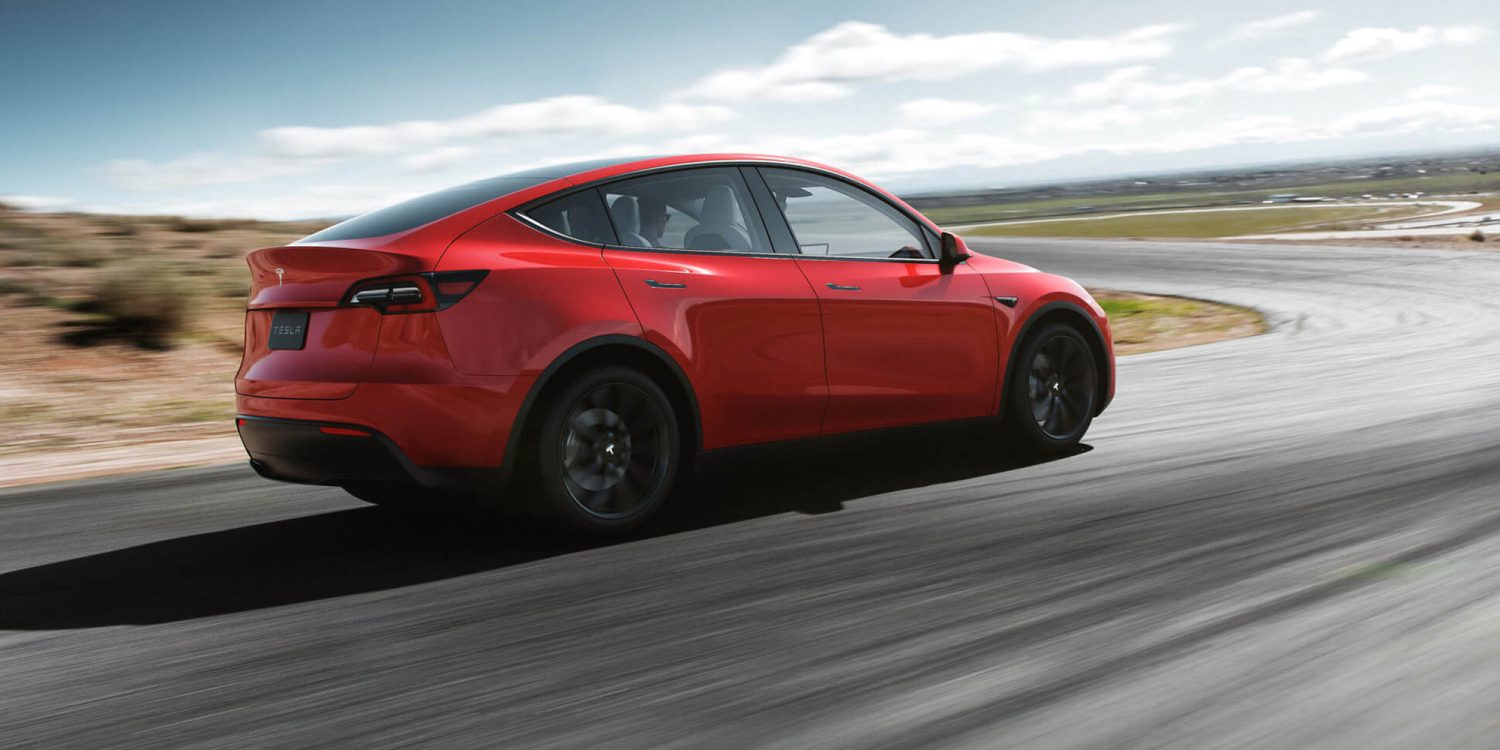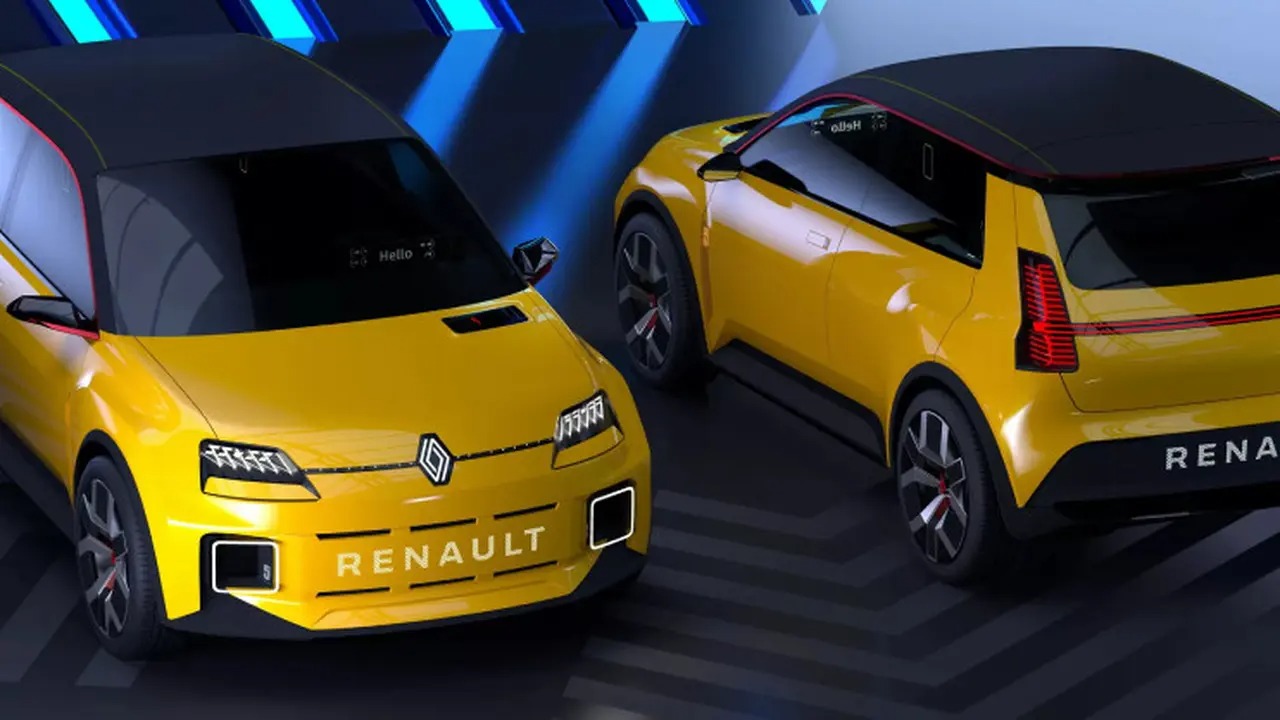The Fraunhofer Institute IWU and its partners have developed an open-source construction kit for electric vehicles that contains particularly durable and reusable modules. The project, known as KOSEL, has created a light electric utility vehicle with a gross vehicle weight of 3.5 tonnes, whose components are entirely modular. The three main modules – front end, battery box and rear end – are connected via fixed interfaces so that they can be exchanged with little effort.
The KOSEL mobility concept primarily addresses fleet vehicles with a middling number of units, and the project initiators intend to present a demonstrator at the Hanover Fair from 17 to 21 April. According to Patryk Nossol, a researcher in the Systems and Technologies for Textile Structures (STEX) department at Fraunhofer IWU in Zittau, “With this closed-loop modular system, it is possible to replace individual or complete vehicle components. Consequently, the bulk of the vehicle components will have a longer service life. Repair costs are reduced, and the vehicle can be run economically for longer.”
See also: Fraunhofer IFAM Develops New Method to Accurately Assess Battery Health
The EV platform has been designed and prototyped for a service life of up to 30 years and a mileage of up to one million kilometres in changing application scenarios. The key to achieving this level of durability is to use materials that are mainly intended for multiple reuse, such as carbon fibre-reinforced plastics (CFRP). Although these materials have a comparatively high CO2 footprint in production, they make up for this through their low mass and extraordinary fatigue strength over long periods of use. “CFRP is the preferred alternative when these hidden assemblies are used over more than one life cycle, as they are in this concept,” explains Nossol.
The KOSEL project is a model for sustainable transportation, as it offers a circular value chain that can check individual components after the first life cycle and revise them if necessary. Furthermore, the concept is intended to spark other similar developments in the mobility industry. Having a fully developed, closed-loop electric vehicle platform as a standard solution can reduce development costs and risks. The open-source interfaces will also make it appealing for suppliers to offer suitable standard components.
See also: Troxus Mobility launches 26″ E-bike Explorer with 48V/20Ah battery
The KOSEL project is an excellent example of how sustainable practices can be integrated into the transportation industry. With its focus on modularity and durability, it offers a new approach to vehicle design and maintenance that can significantly reduce costs and improve efficiency. As Nossol puts it, “the bulk of the vehicle components will have a longer service life. Repair costs are reduced, and the vehicle can be run economically for longer.” With initiatives like the KOSEL project, we can move closer to a more sustainable future for transportation.

